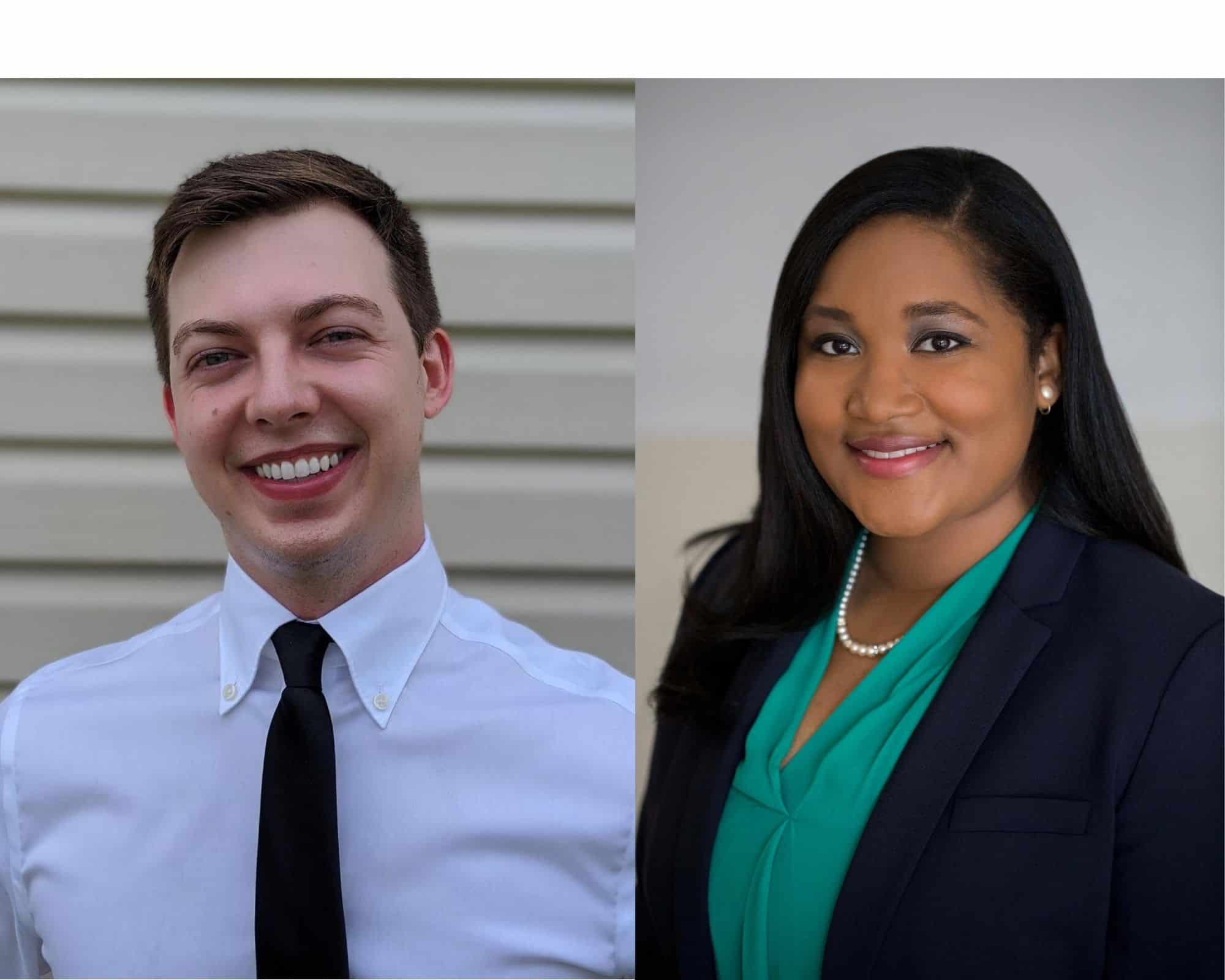UAMS Students Assist Homeless Shelters with COVID-19 Supplies
| In the midst of the COVID-19 pandemic, three of the top needs in Arkansas homeless shelters are hand sanitizer, masks and gloves, according to a recent Fay W. Boozman College of Public Health survey of 48 shelters.
But not only did the students and faculty reach out to determine needs, they stepped up to work with organizations to meet those needs.
“It was an opportunity for me to see public health in action,” said Zain Alfanek, M.D. /M.P.H. student. “The pandemic affects most deeply those communities that are most marginalized, and it was imperative to me to be part of a project that facilitated getting resources to the organizations that were actively supporting the homeless population in Arkansas.”
The survey was a service learning project of students who took the Racial and Ethnic Health Disparities course last spring to determine the COVID-19 related needs and practices of each facility.
“We already had a service learning project planned for the students, but that changed when the first COVID-19 positive patient was diagnosed in March,” said Kate Stewart, M.D., M.P.H., professor, who co-teaches the course. “I learned from conversations with others at UAMS and the Arkansas Department of Health that there was a gap in understanding what these facilities offered in the way of services, what their COVID-19 related practices were, and what they might need to continue staying open throughout the pandemic.”
Students received responses from 48 of 92 shelters surveyed.
The survey not only asked about day-to-day operations like services offered, capacity, and facilities available, but also about COVID-19 related practices such as screening, social distancing, mask wearing, and whether they could house COVID-19 positive patients.
Richard McMullen, Ph.D., an M.P.H. student in the class and an employee at the Arkansas Department of Health, shared results of the survey with individuals working the statewide COVID-19 response, who were then able to work with the students to fulfill the needs of the shelters.
“This collaboration between the Arkansas Department of Health and UAMS College of Public Health to address the needs of the vulnerable population is extremely important to us,” said Appathurai Balamurugan, M.D., Dr.P.H., deputy chief medical officer at the Arkansas Department of Health, assistant professor of family and preventive medicine in the UAMS College of Medicine and associate professor of epidemiology in the College of Public Health, who played an integral role in getting supplies to the shelters.
“Often times, the vulnerable populations living in homeless shelters are at increased risk for rapid spread of COVID-19. Prioritizing these populations for testing, quarantine and isolation needs is a core public health function. Also, assessing and addressing their needs for access and availability of food, clothing, transportation, and supplies such as masks, cleaning supplies, and hand sanitizers are our moral obligation,” said Balamurugan.
Though the project was part of class work, it went beyond the spring semester. Some students chose to continue work on the project as volunteers during the summer months.
Students served as the connectors between the homeless shelters and the Arkansas Department of Health. They contacted shelters about their needs and then again to discuss the logistics of picking up their supplies.
“I have always been concerned about the homeless population and curious about finding ways to help them find resources and housing and remain healthy,” said Ansley Scott, M.D. /M.P.H. student. “Participating in this project was such an amazing opportunity to do all those things and I’m very thankful we were able to help meet the needs of this vulnerable population during such a time.”
“It was important to continue work on this project to help reduce the widening gaps between the less well-off and resources in the greater Arkansas community, which everyone depends on during the COVID-19 pandemic,” said Austin Larey, M.P.H. student. “The value of this project was in the words of appreciation we received from the shelters.”
Larey and others are now looking for ways to continue working with the shelters to ensure they continue to get the necessary supplies to get them through the pandemic.
“We’re so proud of the work of these students,” added Stewart. “Through their actions, they were able to make a true impact on public health practice.”
The course was co-taught by Creshelle Nash, M.D., M.P.H. Other students involved in the project include Ryan Anderson, Megan DeLong, Sarah Fountain, Arrie Morris, Robert Morris, Paige Newman, Asher Parvu, and Lorraine Stigar.
Others who helped ensure the project was a success include Jinger Morgan, a program coordinator with the UAMS Translational Research Institute Community Engagement Team, and Micheal Knox, Dr.P.H., M.P.H., branch chief for public health preparedness and emergency response at the Arkansas Department of Health.
